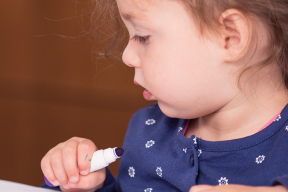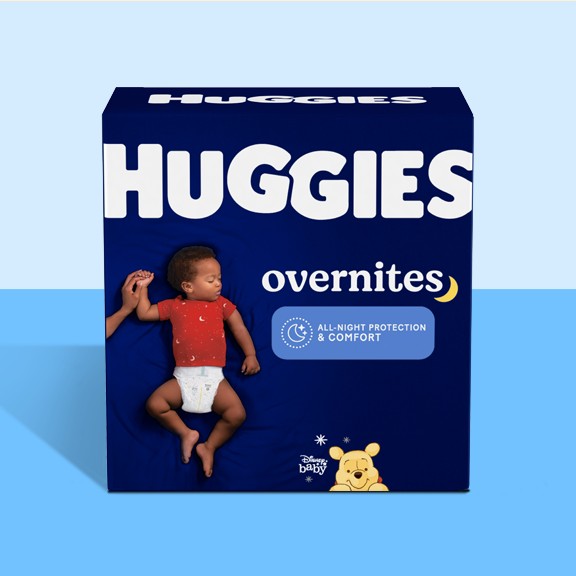Growth and development at 21 months old
Get into the habit of taking your toddler outside with you. Check your fences to ensure they are secure, and they can’t escape. Talk to them about what you are doing and involve them in helping you. Pulling weeds, picking flowers, and watering the garden are all jobs that can be shared. Doing this will help will build your toddler’s self-esteem and relationship with you. Although your toddler is fascinated by their world and wants the freedom to explore it, they also need boundaries and a soft place to fall when they trip. There’s a fine line between giving them enough space to learn and tumble, but not so much to compromise their safety. Consistent hugs, support, boundaries, and rules help toddlers feel loved and secure, and keeps them safe.
Watch your child begin to show some interest in dressing themself or stripping off their clothes when they get the urge. They may be able to point to some body parts and make an attempt at naming them. When playing with blocks, their towers will be getting taller and they’ll delight in whacking them to the ground. They could even identify objects in a picture book and try to name them. Easily recognized items such as a ball, the dog, a table, or bed may all prompt an attempt to say what they are.
Play and interaction at 21 months old
What you can expect at 21 months old
Expect things to go missing this month. Your little Houdini will be hiding things and have their private stash of treasures planted throughout the house. The reason why toddlers do this is unclear. Perhaps because it’s left over from their hunter and gatherer descent or just a need to keep things from an older sibling’s hands. But the reality is that you’re likely to find all kinds of things shoved behind pillows, in cardboard boxes, and even down the toilet. Keep precious things up high where they can’t touch them. Out of sight really is out of mind for a 21-month-old.
Food and nutrition at 21 months old
Try to be imaginative with what you serve them and think about varying their diet. Toddlers can develop a preference for all sorts of foods and flavors, separate from what their parents like. Make a point of buying a new, unfamiliar fruit or vegetable each time you go shopping. Remember, even if your toddler isn’t interested in tasting it at first, keep trying and let them see you eating it as well.
Keeping your toddler healthy at 21 months old
Keeping your toddler healthy doesn’t just concern their physical health but their minds as well. Let them see you showing emotion and how you deal with things. Through you, they will learn what it means to be a grown-up and how to deal with everyday life.
As much as you want to insulate them, you also need to show your toddler a range of feelings. Let them see you cry, laugh, or even show them you are sad when you feel a bit down. Don’t be surprised if they stare in amazement if they haven’t seen this side of you yet. Their responses can be just as entertaining as anything else.
General tips
- Enroll your toddler in swimming lessons, especially if you have a swimming pool. Check your pool fence and make sure it is in good repair and the gate has a self-latching mechanism.
- Encourage your 21-month-old to be your little helper and involve them in household activities. They’ll love to feel useful, especially if you make a fuss over their efforts. Let them check the mailbox, help you find your shoes, and change the pet’s water. There’s no need to keep them separate from normal household activities anymore.
- If you have not already, make an appointment to have your toddler’s teeth checked. Prepare by talking about the dentist and role-play a dentist looking in the mouth of a teddy bear or dolls. Make sure to talk about the visit with positive words.
- Take your toddler to your dentist when you go and show them what’s involved in lying back in the chair and opening your mouth.
The information of this article has been reviewed by nursing experts of the Association of Women’s Health, Obstetric, & Neonatal Nurses (AWHONN). The content should not substitute medical advice from your personal healthcare provider. Please consult your healthcare provider for recommendations/diagnosis or treatment. For more advice from AWHONN nurses, visit Healthy Mom&Baby at health4mom.org.










